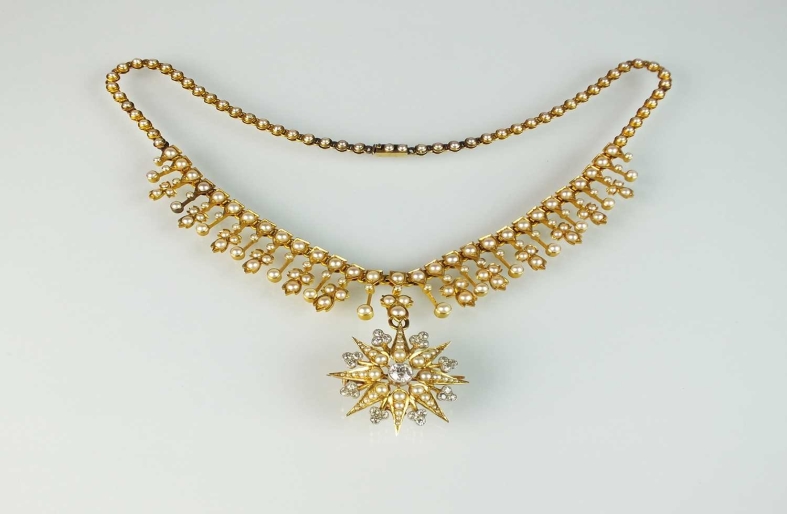Can Cats Eat Flies? What You Need to Know!

No doubt you have seen your cat eat the questionable bugs at one time or another. Animals with fur are even known to hunt flies and eat them. We know that flies are very bad, so if you are like most cat owners, you might wonder if cats should be eating flies at all. Skillfully, cats can eat flies. However, that does not mean that they should always do so. Read on to learn what you need to know about cats eating flies.
Why Do Cats Eat Flies?
Cats can eat flies for a few different reasons. First, your cat is likely to play sports. Cats have an innate desire to hunt, which is what their ancestors did to survive. Since domestic cats are fed by their owners, they no longer want to hunt. So, sometimes they use their hunting skills to have fun. You may have found a dead mouse or bird on your front porch for a moment or two.
Some cats chase the flies around, stalking them from a distance for several minutes before heading off to kill. However, their efforts are often in vain because they are just having fun, so the flies eventually leave. Some cats are harmless and snatch flies as soon as they are spotted. Some cats see powerful flies but do not bother to get up to chase the Cat Eating Bugs.
Another reason cats eat flies is that they lack vitamins or minerals, and they are trying to get the food they need by hunting whatever they can, including small flies. If you feed your cat high quality food for sale according to the package and take your pet to the vet from time to time, the reason for your cat eating flies may not be due to lack of food.
What Can Flies Do?
While sometimes flying as food will not harm your cat, there are some risks to discovering if your cat spends time circling more flies in a barn or elsewhere. Because houseflies can carry more than a hundred infections, they can infect your cat after eating. Some of the diseases that can be transmitted by flies include:
- Anthrax
- Tuberculosis
- Typhoid fever
- Cholera
Flies can also catch insects, such as pinworms and hookworms. However, your cat would have to eat a few flies before health problems could develop. Be aware of the danger in order to maintain good health symptoms if you are unable to prevent your cat from eating flies. The signs and symptoms include:
- Throat swelling
- Shortness of breath
- Snakes
- Vomiting
- Loss of appetite
- Drooling
If you notice any of these symptoms, it is important that your furry family member is seen by a veterinarian. The sooner your cat is diagnosed, the greater the chance that treatment will be successful.
What to Do If Your Cat Continues Eating Flies?
Let’s take a look. We humans cannot control our cats. We can ask, communicate, and love, but our cats do whatever they want! So, do not expect to be able to stop your cat from trying to hunt down any flies they see. However, if you suspect that your cat is hunting large numbers of flies during the day, you can take steps to protect it from flies. Keep your cat indoors often where flies cannot move.
If you live in an area with farm animals, place traps outside your house. You can also cover your balcony, so that your cat has a place to rest in the sun without the temptation of swarming flies. Make sure there are plenty of interlocking toys available in the home to help keep your kit entertained, so that they do not over-hunt flies.
Eating Flies Can Make Cats Sick?
Yes, cats can get sick from eating flies. If your cat seems uncomfortable in the stomach, keep an eye on him and the hand will give him a small amount of water and water.
If your cat has a stomach ache from eating flies, the symptoms should go away within 24 hours and they may be back to normal. Take your cat to a veterinarian as soon as possible if stomach symptoms persist for a long time. She may have a viral infection or protozoa in her stomach that needs to be treated.
Stay alert for signs of poisoning inside you, such as saliva in the mouth, difficulty breathing, or loss of coordination. If any of these symptoms occur, take your cat to a veterinarian once and, if possible, carry pesticides with you. Use physical means to prevent flies from leaving your home instead of using pesticides and other chemicals to reduce the risk of poisoning. If pesticides are needed, use organic-based, pet-friendly insecticides.
Can Cats Get Worms From Eating Flies?
Yes, cats can get worms from eating flies. Many species of flies that are involved in the transmission of worms can be harmful. These infections can make your cat sick, as your cat can catch worms by eating it. In addition to the diseases mentioned above, some flies can also transmit viruses to your body.
Can Flies Sprinkle Eggs With Cats?
Yes, flies can lay eggs on a cat. Many species of flies that are involved in the transmission of worms can be harmful.
Flies lay eggs in infected skin lesions of animals. The umbilical cord repair in a newborn cat is a wonderful place to lay an egg to flies. In the elderly, bitten wounds often cause infection. These flies are also attracted to coats with dirty, dirty hair.
Worms are born from eggs embedded in infected hair follicles and spread quickly to any infected wound. Worms then penetrate the surrounding tissue once inside the wound.




